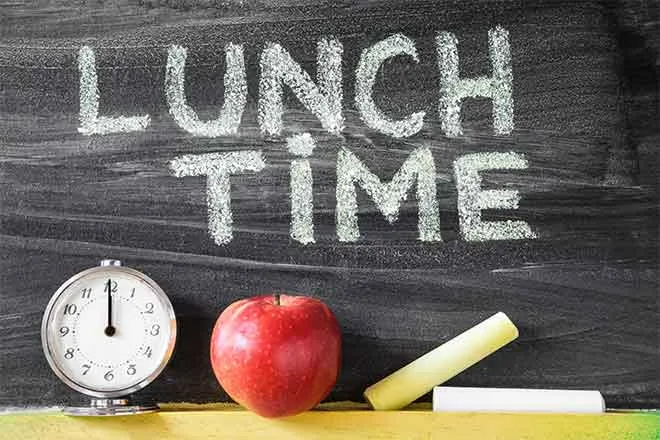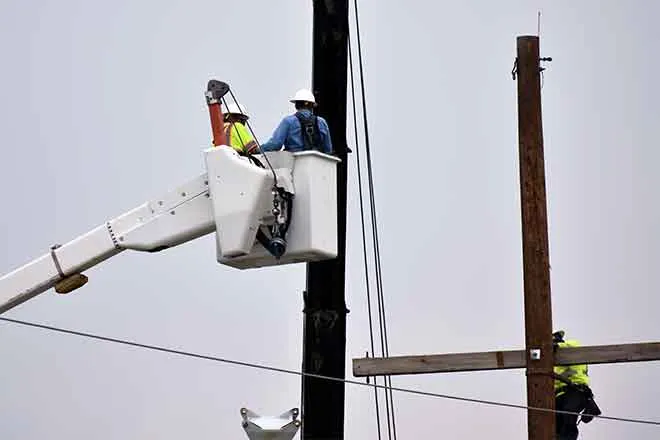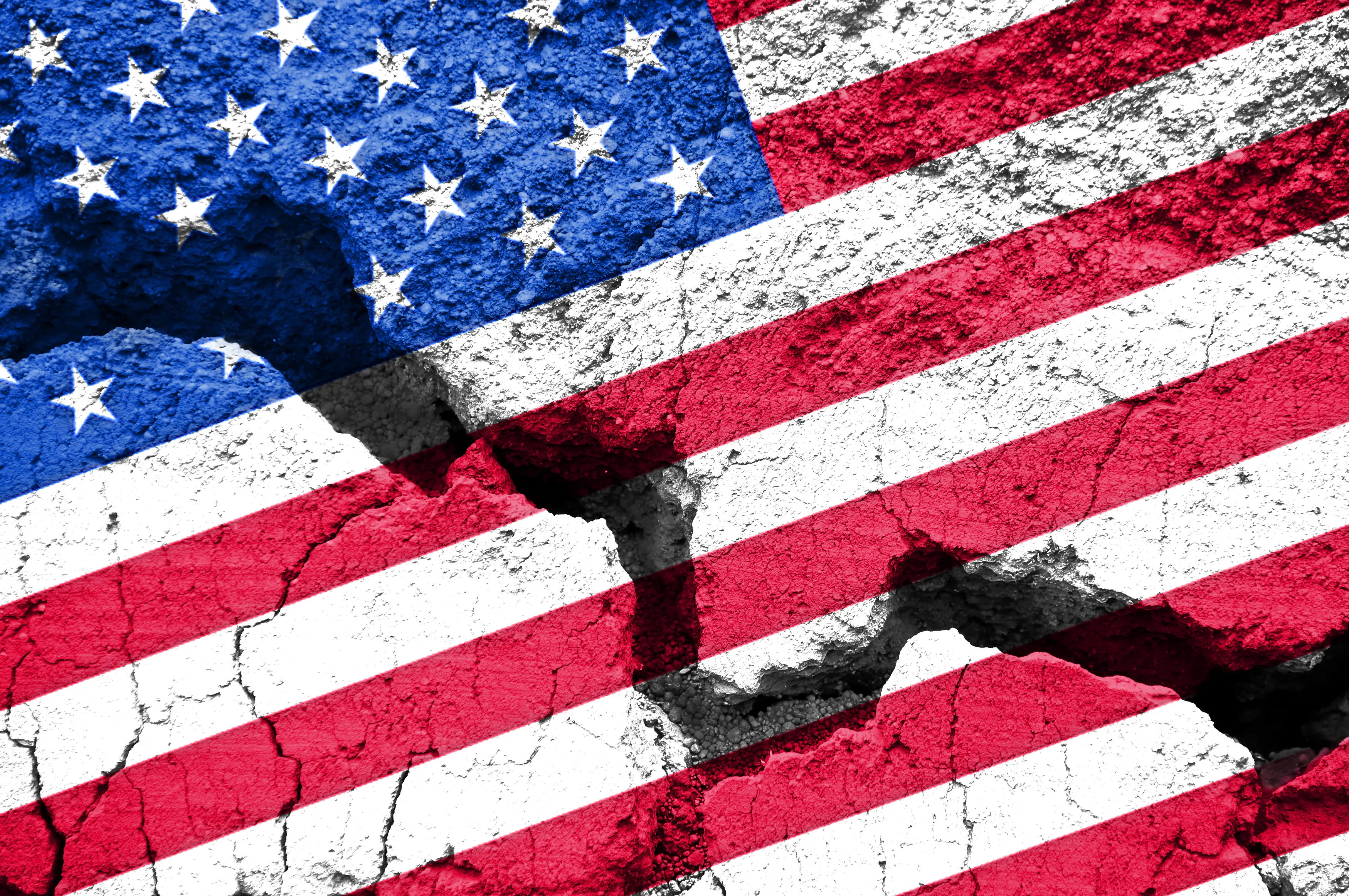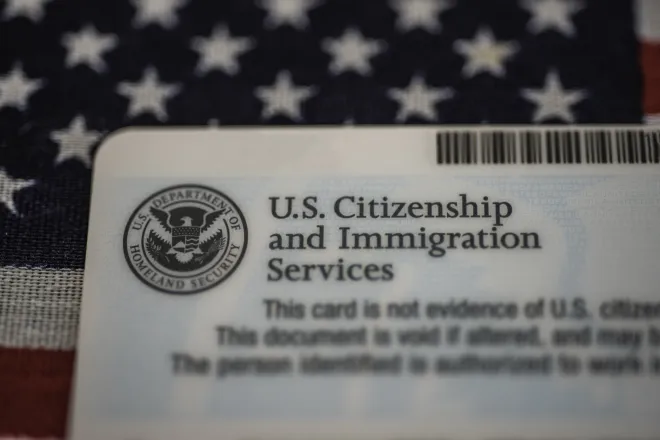
Tribal radio stations wait on $9M pledged in handshake deal by senator
Tribal radio stations that are supposed to receive millions to fill the hole created when Congress eliminated funding for the Corporation for Public Broadcasting haven’t heard anything from the Trump administration about when it will send the money or how much in grants they’ll receive.
Unlike most government spending deals, the handshake agreement South Dakota Republican Senator Mike Rounds negotiated with the White House budget director in exchange for Rounds’ vote on the rescissions bill wasn’t placed in the legislation, so it never became law.
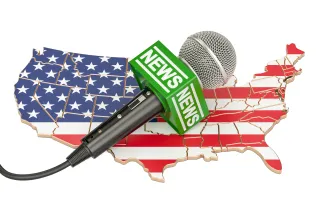
© AlexLMX - iStock-823000260
Instead, Rounds is trusting the Trump administration to move $9.4 million in funding from an undisclosed account to more than two dozen tribal radio stations in rural areas of Alaska, Arizona, California, Colorado, Idaho, Minnesota, New Mexico, North Dakota, Oregon, South Dakota and Wisconsin that receive community service grants from the Corporation for Public Broadcasting.
But neither Rounds’ office, the Office of Management and Budget, nor the Bureau of Indian Affairs responded to emails from States Newsroom asking when the grants would be sent to those radio stations and whether the funding levels would be equal to what they currently receive.
Loris Taylor, president and CEO of Native Public Media, a network of more than 60 broadcast stations that’s headquartered in Arizona, said she’s written to Rounds and the Bureau of Indian Affairs about the handshake deal reached in July but hasn’t heard back.
“I can’t place my expectations on something that hasn’t been concretely shared with the stations,” Taylor said. “And so all I can say is that our expectations are to raise money for the stations to make sure that they have operational dollars for FY 2026, and that’s exactly where we’re placing our focus.”
Taylor pointed out that Rounds’ informal deal with White House budget director Russ Vought doesn’t cover all of the tribal stations in the network and will only last for one year, leaving questions about long-term budgeting.
An Interior Department spokesperson wrote in an email after this story originally published that “Indian Affairs has received a list of 37 stations and is working to distribute about $9.4 million in funding to support them.
“We know how important these stations are for public safety and are moving quickly to get the money out. Before we can set a timeline, we need to coordinate with the stations, tribes and other partners to ensure the funds are delivered efficiently and meet the needs of Indian Country. We will share updates when we have more to share publicly.”
The spokesperson did not provide a list of those stations or information on how the department plans to divvy up the funding.
‘The little stations like us’
Dave Patty, general manager at KIYU-FM in Galena, Alaska, said he isn’t planning to receive any federal funding during the upcoming fiscal year, in part because he hasn’t heard anything from the administration. The 2026 federal fiscal year begins on Oct. 1.
“Well, I certainly can’t budget anything that I don’t know is coming, so I’m definitely not planning for it now,” he said.
President Donald Trump and Republican lawmakers’ decision to eliminate all funding for the Corporation for Public Broadcasting because of their belief of left-leaning bias at National Public Radio wasn’t the right way to address those frustrations, Patty said.
“The narrative was definitely centered around NPR and that was definitely wrong because NPR aren’t the ones in trouble,” he said. “NPR is well funded from philanthropists all over the country, and as a mothership, NPR is not going anywhere. It’s the little stations like us that are going to go away because, for instance, about 60 percent of our budget came from the CPB grant.”
The Corporation for Public Broadcasting announced in early August it will shutter most of its operations by the end of September, with some staff working through January.
NPR and the Public Broadcasting Service have made no such announcements, but local stations throughout the country have announced budget cuts since Congress approved the bill rescinding $1.1 billion in funding it previously approved for CPB. That money was supposed to cover costs during fiscal 2026 and 2027.
Lawsuit feared
Karl Habeck, general manager at WOJB in Hayward, Wisconsin, said he’s only heard “gossip” and “rumors” about how exactly the handshake agreement will work in practice but is concerned that someone may challenge the Trump administration’s authority to move money around since it wasn’t in the bill and never became law.
“What gives them the right to take these funds that were allocated for environmental projects and send them towards Native American radio stations?” Habeck said.
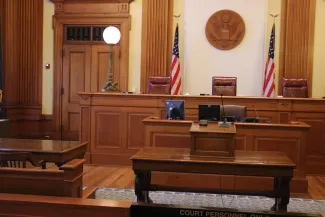
Typically, the administration would need sign-off from appropriators in Congress before moving large sums of money from one account to another.
Officials haven’t said publicly where exactly they plan on taking the money from and it’s unclear if the Trump administration is trying to create a new account for grants to rural tribal radio stations out of thin air, without an actual appropriation from Congress.
Alaska Republican Senator Lisa Murkowski, chairwoman of the Interior-Environment Appropriations Subcommittee, and Oregon Democratic Senator Jeff Merkley, ranking member on the panel, didn’t immediately respond to a request for details.
Habeck said he expects WOJB will be okay financially for the next year, but that he and many others don’t know what the future will hold after that.
“It’s going to be hard,” Habeck said. “I guess people don’t understand. You know, they try to compare us to commercial radio and it’s two different things.”
Local broadcasting stations, he said, have fewer employees and are often a nexus for their communities, providing information about everything from lost dogs to emergency alerts to high school sports updates.
“That doesn’t happen everywhere. It’d be a shame to lose that,” Habeck said. “I think we’re an integral part of the community and people have come to rely on us and appreciate that. And I’m talking everybody. I don’t care what their political stance is. “
A different mission for tribal radio stations
Sue Matter, station manager at KWSO in Warm Springs, Oregon, said she reached out to one of her home-state senators, Ron Wyden, who contacted Rounds’ office to ask how the funding would be allocated and when. But Wyden was unable to share any concrete information.
Matter also spoke with someone she knows at the Bureau of Indian Affairs, who was similarly unable to provide information about how the agreement will actually work.
“I’m just assuming there’s not anything,” Matter said, adding she’s now focusing on securing a grant from the bridge fund that’s supposed to help the more at-risk public broadcasting stations.
Tribal stations, she said, often have substantially different missions than commercial stations, focusing on language and cultural programs as well as preserving their traditional life.
“That’s endangered,” Matter said. “We won’t let anything stop us. But it’s sad that for whatever reason this funding has been taken away.”


